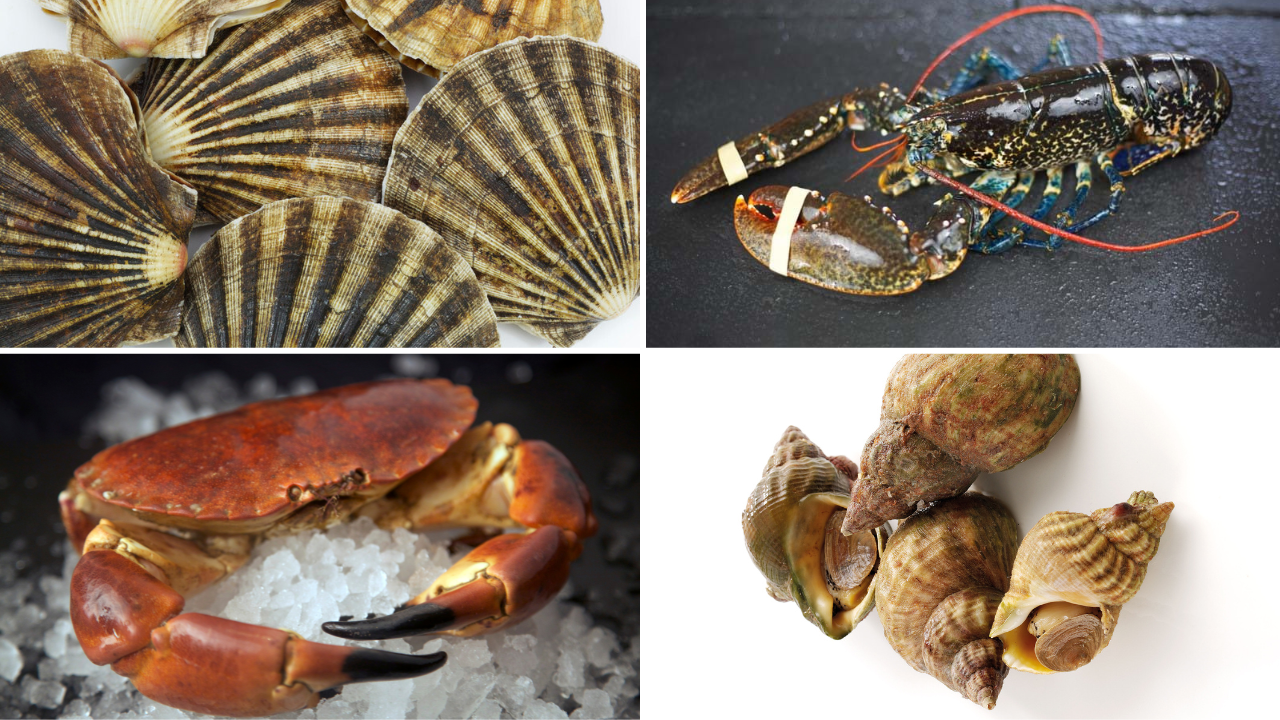Fisheries Management Plans (FMPs)
This page has information on:
FMPs are evidence-based action plans, developed with input from industry and other stakeholders. They set out a range of policies that detail how fishing is managed, by stock, fishery, or location. FMPs are based on the best available science, fisher experience, and policy objectives through participation of key stakeholders.
The UK Fisheries Act 2020 placed FMPs as the main tool for reforming UK fisheries management.
Read more about fisheries management plans policy information via the link below:
Responsibility for developing FMPs across the UK sits with the following authorities:
- In England – Department for Environment, Food & Rural Affairs (Defra)
- In Northern Ireland – Department of Agriculture, Environment and Rural Affairs (DAERA)
- In Scotland – Marine Directorate
- In Wales – Welsh Government
FMPs will be monitored, reviewed and adapted as necessary to ensure they are fit for purpose. Effectiveness will be reported on every three years, and plans will be reviewed fully every six years.
Reports will note progress on the implementation of FMP policies and their effects on sea fish stock levels in the UK.
In December 2023 the following FMPs for English waters were published:
- Crab and lobster
- Whelk
- Bass
- Channel demersal non-quota species
- King scallop
Seafish was the delivery lead for the crab and lobster FMP and the whelk FMP, and drafted these plans in association with the Crab & Lobster Management Group and Whelk Management Group respectively.
More information can be found on the government website - Fisheries management plans: policy information.

Seafish has been commissioned by the Scottish Marine Directorate as the delivery lead on two Nephrops FMPs, covering the North Sea (ICES area 4) and the West Coast of Scotland (ICES area 6).
These plans will be published by the end of 2024 in line with the Fisheries Act 2020 and as set out in the Joint Fisheries Statement.
Seafish will be undertaking evidence gathering, stakeholder engagement activities, as well as drafting and delivering both the Nephrops FMPs to the Marine Directorate.
As part of the stakeholder engagement, we will be hosting in-person and online events around the coast of Scotland, northern England and Northern Ireland in ports where Nephrops are an important part of fishermen’s catches. Seafish will set up and facilitate industry-led steering groups to help develop management objectives.
Seafish is undertaking the pre-consultation phase of the Fisheries Management Plan (FMP) developing process for crab and lobster fisheries in Wales.
We are engaging with stakeholders to gather information and views on the current and future management of Welsh crab and lobster fisheries. This will inform the FMP which is due to be published by the Welsh Government in 2026.
Read more about FMPs in Wales via the link below:
If you have a query about our work on FMPs, please contact our Fisheries Management team by emailing fisheriesmanagementplans@seafish.co.uk